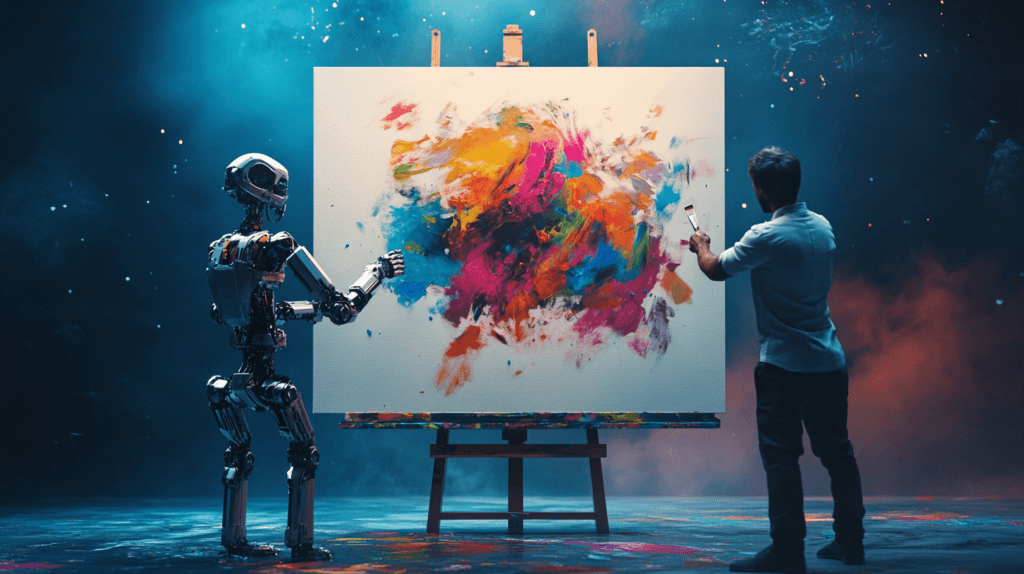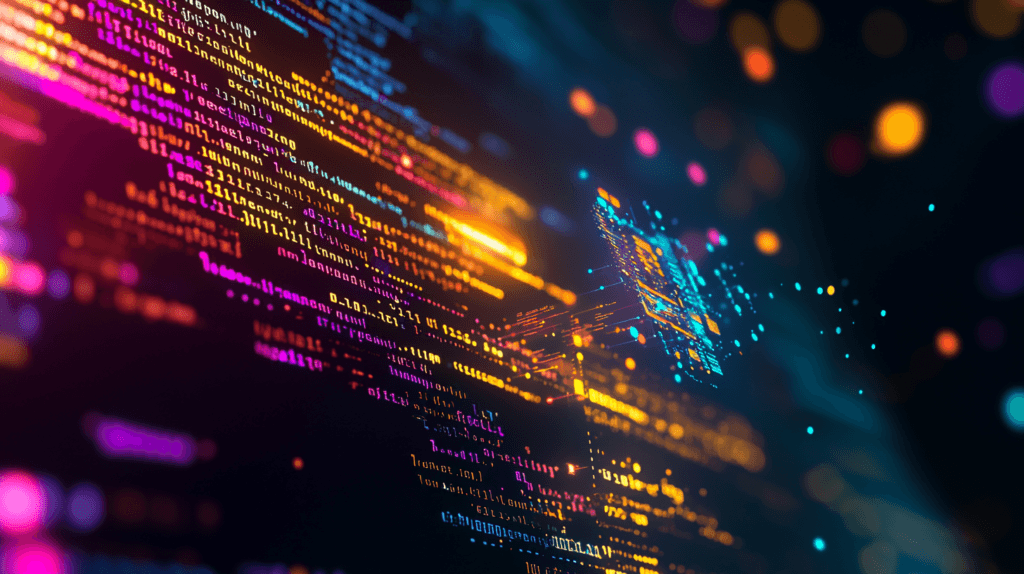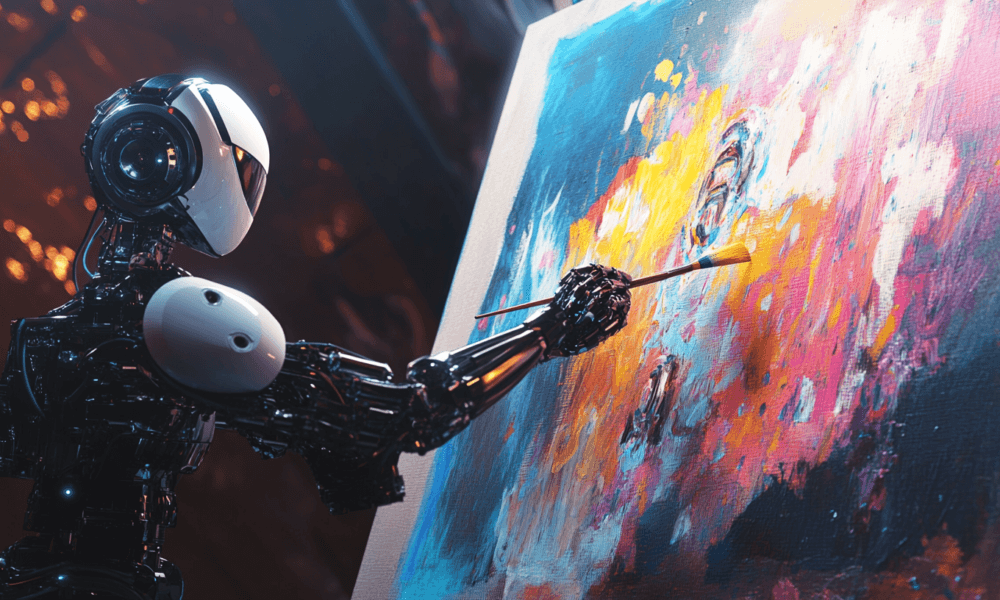How Generative AI Tools Are Disrupting Creativity and Software Development
Generative AI is no longer a futuristic concept; it’s here, and it’s rapidly changing the landscape of creativity and software development. These tools, capable of generating text, images, code, and even music, are revolutionizing how we create, innovate, and build. This article explores the profound impact of generative AI on these fields, examining both the exciting possibilities and the potential challenges.
Generative AI: A Creative Revolution
- Breaking Barriers: Generative AI tools are democratizing creativity by lowering the barriers to entry. Artists, writers, and musicians can now leverage these tools to bring their ideas to life, even without extensive technical skills. Imagine a novice musician composing a symphony with the assistance of an AI or a writer collaborating with an AI to craft compelling narratives.
- Amplifying Human Creativity: Generative AI is not meant to replace human creativity but to augment it. These tools can serve as powerful collaborators, offering inspiration, generating variations, and pushing the boundaries of creative expression. Artists can use AI to explore new styles, writers can overcome writer’s block, and designers can generate novel design concepts.
- Accelerating Creative Workflows: By automating repetitive tasks and generating initial drafts or prototypes, generative AI tools can significantly accelerate creative workflows. This allows creators to focus on higher-level tasks, such as refining concepts, adding personal touches, and exploring innovative ideas.

Transforming Software Development
- Boosting Developer Productivity: Generative AI tools are revolutionizing software development by automating tedious tasks, such as code generation, documentation, and testing. This frees up developers to focus on more complex and creative aspects of software development, such as problem-solving, architecture design, and user experience.
- Accelerating Development Cycles: By automating code generation and testing, generative AI can significantly accelerate software development cycles. This allows companies to bring products to market faster, respond to changing customer needs more quickly, and gain a competitive edge.
- Improving Code Quality: Generative AI tools can analyze code for potential errors, security vulnerabilities, and performance issues, leading to higher quality software. This reduces the time and cost associated with debugging and maintenance, improving overall software reliability.
- Lowering the Barrier to Entry: AI coding assistants can help novice developers learn faster and become productive more quickly, making software development more accessible to a wider range of individuals.

Challenges and Considerations
While generative AI offers tremendous potential, it’s important to acknowledge the challenges and ethical considerations:
- Bias and Fairness: Generative AI models are trained on vast datasets, which may reflect existing biases in society. This can lead to AI-generated content that perpetuates harmful stereotypes or discriminatory practices.
- Intellectual Property: The ownership of AI-generated content is a complex issue. Who owns the copyright to a song composed by an AI or an image generated by a machine? These legal and ethical questions need to be addressed.
- Job Displacement: While generative AI is likely to create new jobs and opportunities, there are concerns that it may also automate certain tasks currently performed by humans, potentially leading to job displacement in some sectors.
- Misinformation and Malicious Use: Generative AI can be used to create convincing deepfakes or generate misleading information, raising concerns about the spread of misinformation and the potential for malicious use.
The Future of Generative AI
Generative AI is still in its early stages of development, but its potential is undeniable. As these tools continue to evolve and become more sophisticated, they will likely have a profound impact on various industries and aspects of our lives. The key is to harness the power of generative AI responsibly, addressing the ethical considerations and ensuring that it is used to benefit society as a whole.
Key Takeaways:
- Generative AI tools are revolutionizing creativity and software development, offering new possibilities for expression, innovation, and efficiency.
- These tools can amplify human creativity, accelerate workflows, and improve the quality of creative outputs.
- It’s important to address the ethical considerations and potential challenges associated with generative AI, such as bias, intellectual property, and job displacement.
- The future of generative AI is promising, and these tools have the potential to transform various industries and aspects of our lives.
By embracing the potential of generative AI while remaining mindful of its challenges, we can unlock new frontiers of creativity and innovation, shaping a future where humans and machines collaborate to achieve extraordinary things.




No Comment! Be the first one.